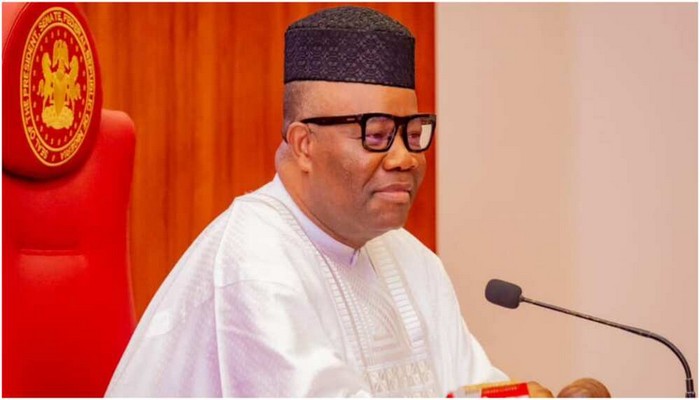The Lagos Chamber of Commerce and Industry (LCCI) has urged the Federal Government to consider more ‘efficient alternatives’ to borrowings, rather than issuing N10.57trillion new loans to finance a deficit of N10.78 trillion, as proposed in the 2023 budget.
The Chamber, in a statement on Sunday, and signed by its Director General, Dr Chinyere Almona, argued that, while a budget deficit of N10.78 trillion was not out of place, it, however, disagreed with issuing N10.57 trillion new loans, to finance the deficit.
The business advocacy body, therefore, called on the Federal Government to embrace equity financing, as an exclusive way of funding budget deficits; since it would save the country from paying huge interest payments.
“We are of the view that while nothing is wrong with the N10.78 trillion deficit, everything is wrong with the plan to issue N10.57 trillion (N8.8 trillion in new commercial loans and N1.77 trillion drawdown on bilateral and multilateral loans) new loans to finance the deficit, at a time that we are already placed on the watch-lists of some of our foreign bondholders.
“Massive equity financing is the choice we should all urge the Federal Government to consider now. Nigeria should henceforth use equity financing as an exclusive way of funding budget deficits.
“If we embrace equity financing, we do not have to make huge interest payments, and we can use some of the proceeds of our equity issuance to pay some of down debt, to make the fiscal situation more sustainable and rekindle much-needed confidence in our economic and fiscal resilience.
“It is not too late to use equity to fund the 2023 deficit proposal. The current administration should be encouraged to take advantage of the equity choice to bequeath a legacy that the incoming administration can build upon as we find our way back to the path of fiscal sustainability as a nation,” the Chamber stated.
While commending the Federal Government on the early transmission, consideration and signing of the federal budgets in recent times, the body however charged the Federal Government and the National Assembly on the need to ensure an earlier transmission and signing into law of the budget, this year.
The Chamber also commended the government on the strategic objective of the expenditure policy, which focuses on macroeconomic stability, human development, food security, improved business environment, energy sufficiency, improving transport infrastructure, and promoting industrialization by focusing on Small and Medium Scale Enterprises.
It, however, counselled the Federal Government on the need to improve the performance of the 2023 budget by studying how the 2022 budget had performed, to enable the government make some corrections in the implementation of the new budget.
The Chamber also urged governments at all levels to put actionable policies in place to address the high costs of fuels and food, noting that high rate of inflation would continue to distort most of the budget assumptions and targets, if not curtailed.
Tough the Chamber commended the Federal Government on its allocation of N470billion to revitalise the tertiary institutions and enhance salaries of university staff, in the proposed budget, the Chamber however called for a more sustainable funding model that would grant financial autonomy to the universities.






































